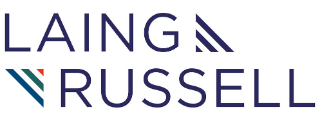Posts Tagged ‘Consulting’
What’s the Point? Getting Strategy Right
Prompted by reading and reflecting on a recent article “Getting strategy wrong and how to do it right instead” published in McKinsey Quarterly, we concluded that the best place to start is with the “what’s the point” question. Real, open, informed discussions amongst senior leaders are essential if you are going to get strategy right.…
Read MoreDelivering client value through focused, yet carefree talk
A team conversation this week prompted the reflection that fresh perspectives and new productive actions result through focused, yet carefree talk. Noting carefree might not be quite the right term, it’s certainly not care-less. By focused yet carefree, we mean that uninhibited talk that is based on trust. Talk that is not wedded to any…
Read MoreClient First and Clear: Thoughts on being a coach and a consultant
So, what did you do at work today, dad? Whilst its getting on for 30 years since our son first asked me that question, it remains a powerful and useful question for us all at Laing Russell. What did you do? What difference did it make? What did you learn? What will you do next? The…
Read MoreComfortable with Uncomfortable Debate
Whichever label we give it, fundamentally what our clients value from the Laing Russell team is the delivery of beneficial change, done right. Changing digital technology, systems, business process, operating model or structure and changing behaviours to deliver sustained value for organisations. Recent work has reinforced for us that a critical part of doing change…
Read MoreRip it up and start again?
Every now and again a song lyric becomes the summary of an idea for me. Over the last couple of weeks a key theme of sessions with clients has been to what extent should their pre-pandemic strategy, approach or play-book be ditched and an entirely new approach be set out. Or, with acknowledgement and respect…
Read More



